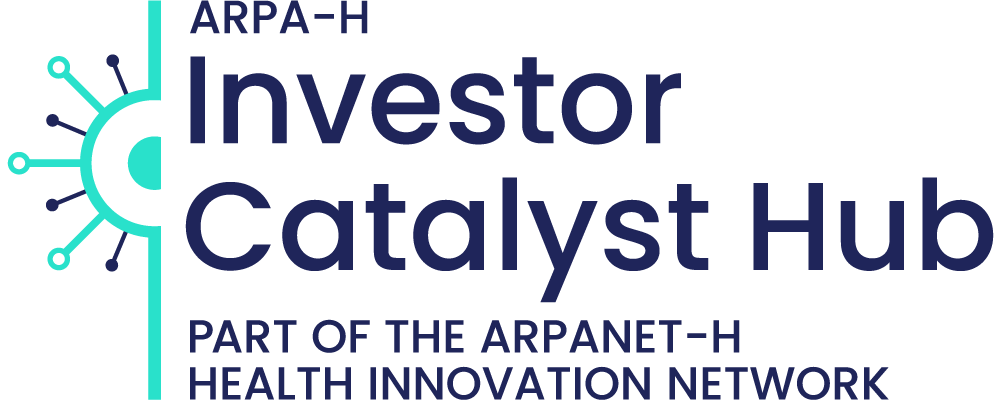Network Survey for Accelerating Medical Device and Diagnostic Reimbursement
Novel medical technologies like diagnostic devices, implants, assistive technologies, and surgical tools are likely to emerge from several of the active programs and small business awards of Advanced Research Projects Agency for Health (ARPA-H). To transition to the market, these technologies must first receive authorization from the U.S. Food and Drug Administration (FDA) and then navigate a complex reimbursement process, which requires working with payors and private insurance companies.
Food and Drug Administration authorization and securing reimbursement are two critical milestones that must be met to scale market adoption. Yet, this process can take several years. This time gap delays patient access to promising medical solutions and can lead companies to fail.
There are existing mechanisms across the government to reduce this gap, including recent efforts like the FDA’s Total Product Life Cycle Advisory Program (TAP) and the Centers for Medicare & Medicaid Services’ (CMS) Transitional Coverage for Emerging Technologies (TCET). Associations and nonprofits are also leading efforts in the private sector to accelerate reimbursement timelines.
The agency coordinates closely with these partners in this process and serves a unique role compared to other federal agencies. ARPA-H was interested in learning more about the reimbursement landscape to help uncover ways the agency can work to close the median reimbursement approval gap for relevant ARPA-H-funded efforts from 5.7 years to 2 years.
In support of this effort, the Investor Catalyst Hub issued a network survey to collect expert input from various stakeholders. The survey aimed to gather insights about the typical pathways, exemplars, and specific challenges facing the reimbursement of medical technologies. This survey did not focus on policy feedback, which is outside the scope of ARPA-H’s role as an R&D funder.
Who Was Invited to Respond?
- Medical technology developers and manufacturers
- Commercial insurers, government payors and plan administrators: Payors – insurance providers; managed healthcare plans/accountable care organization; Medicare administrative contractors (MACs)
- Healthcare systems and providers: healthcare providers; hospital administrators/finance; physician groups
- Consultants, advocates, and associations: reimbursement focused consultants and public-private partnerships; patient advocacy groups; medical associations and societies
How Can I Learn More?
If you’d like additional information, watch the virtual information session. Led by ARPA-H’s Project Accelerator Transition Innovation Office Scientific Operations Advisor Arunan Skandarajah, Ph.D., this session provides additional insight into the purpose and goals of the network survey.
Why Did ARPA-H Launch This Network Survey?
ARPA-H only funds its programs for 2-5 years with a focus on the riskiest elements of the technical development. Funding recipients must have a commercially viable path beyond the agency’s funding to optimize taxpayer resources and deliver health impact. Decisions made by ARPA-H and the funding recipients during the funded period can significantly impact the likelihood of success when going to market.
Ultimately, ARPA-H seeks to deploy best-in-class novel services and partnerships to maximize the potential of agency-funded efforts to succeed in improving health outcomes for all Americans.
Explore Findings From the Network Survey
The Medtech Reimbursement Network Survey Brief, published in September 2025, captures valuable insights from our network on the complexity of the reimbursement landscape for innovative medical devices and diagnostics, common challenges they face, and considerations for improving the process.
